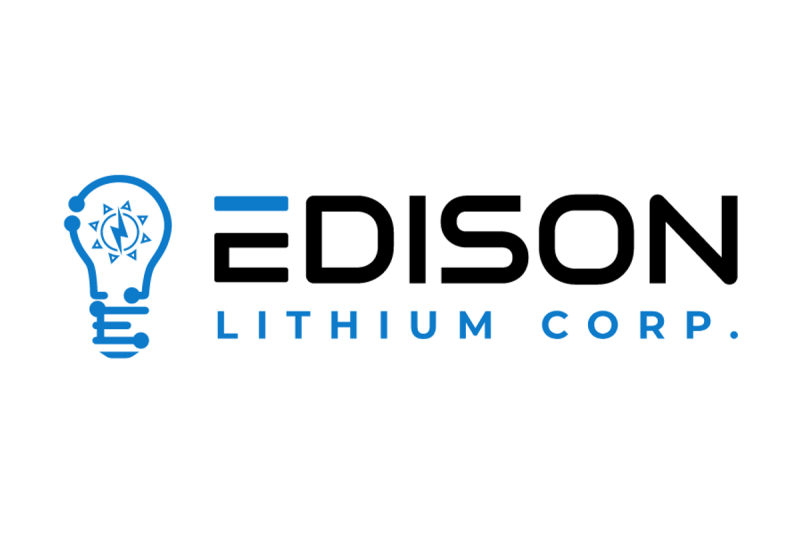Edison Lithium, a top-tier player in the lithium industry, has disclosed its recent move to sell a portion of its stake in Argentinian lithium properties. The transaction is valued at a staggering US$3.5 million, a deal that underlines the immense value of lithium investments in the modern world – particularly in the wake of the booming electric vehicle (EV) market.
The buyer’s identity has not been disclosed publicly, but they now have sole access to a lithium-rich property that includes a wide variety of lithium resources. This acquisition speaks volumes about the increasing demand for lithium, driven mainly by its critical role in the manufacture of rechargeable batteries used largely in EVs.
Edison Lithium’s decision to sell its interest comes in the backdrop of a rapidly growing lithium industry. The global lithium market is growing at an unprecedented rate, thanks to the massive strides in the renewable energy sector. And while this transaction appears to be a divestment strategy, it might also be Edison’s calculated strategy for capital and risk management.
With such lucrative stakes in the lithium properties in Argentina, one of the largest lithium reserves globally, one can only speculate that the substantial profit generated from the sale would be reinvested into other ventures that promise even higher returns. This might include optimizing operations, investing in research and development, or even acquiring other assets.
On the other hand, from the perspective of the undisclosed buyer, this acquisition could be an opportunity to enter the lithium mining industry or perhaps expand their existing operations. Given the forecasted demand surge in lithium primarily triggered by the EV boom, securing a lithium property of this stature offers tremendous potential and seems like a well-calculated risk.
Remarkably, the transaction showcases the dynamic nature of the lithium industry, where companies continually seize opportunities to generate the highest profits possible – whether that be through direct mining activities or lucrative property sale ventures similar to this one.
As stakeholders carefully monitor the lithium market’s evolution, it is undeniable that transactions such as this one profoundly shape the market landscape and dynamics. Companies must continually gauge supply, demand, market trends, and myriad other factors and adjust their strategies accordingly.
In conclusion, the US$3.5 million sale of Edison Lithium’s interest in Argentinian lithium properties signifies much more than a property sale. It’s a testimony to the immense value of lithium in today’s world, rooted in its fundamental role serving the renewable energy and electric vehicle sectors. As future trends emerge and take shape, such profitable transactions might become a common sight in an industry poised for continuous growth. This development, alongside several others within the space, indicate a promising future for the lithium market that stakeholders should be keen on exploiting.






























